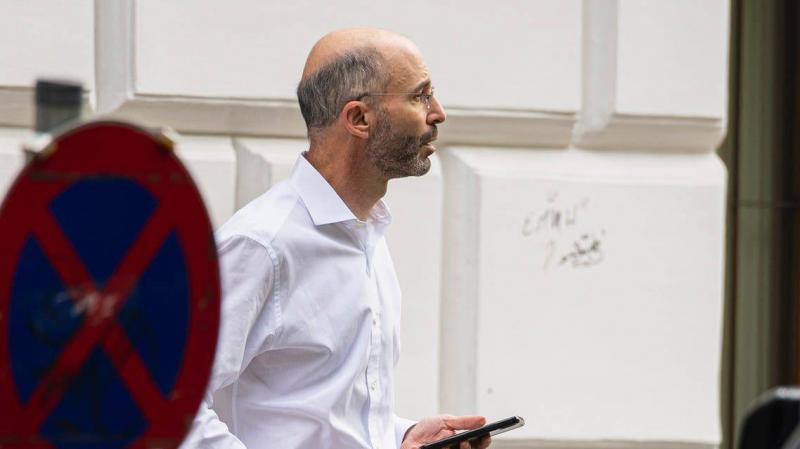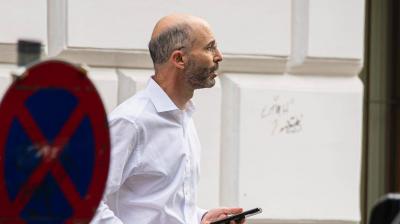As hopes fade regarding the resumption of nuclear negotiations that concluded six rounds over the past months without reaching an agreement, Washington confirmed that it has not yet received any response from Tehran. U.S. Special Envoy to Iran, Robert Malley, stated that the U.S. administration cannot wait indefinitely for the new Iranian government to decide on resuming nuclear talks aimed at reviving the 2015 agreement signed between Tehran and Western nations, from which the U.S. withdrew in 2018.
In an interview with Bloomberg on Friday, he said, "We cannot wait forever while Iran continues its nuclear advancement," considering that this progress will render a return to the nuclear agreement of little significance for the U.S. at a certain point. However, he also affirmed that his country is prepared to continue indirect talks that began last April in Vienna.
Malley had previously raised questions about the fate of the nuclear agreement and the negotiations. In an interview last month with the American publication Politico, he stated, "Given the low level of cooperation from Iran, reviving the agreement is not solely our responsibility." He added that returning to the agreement is not something the U.S. administration can fully control, especially in light of the lack of cooperation from Iranians.
When asked about the options available if the U.S. and Iran fail to agree on the terms in the coming months, the envoy indicated that his team has prepared some contingency plans, one of which includes the possibility of Washington and Tehran signing a completely separate agreement with different standards from the current nuclear agreement. Another option, according to Malley, involves the re-imposition of a set of sanctions in coordination with European allies, although he did not specify the nature of those sanctions.
On the Iranian side, several conflicting statements about this issue have emerged since the election of the new president, Ebrahim Raisi, with some attributing the obstruction of negotiations to the U.S. administration, while others hinted at a change in the approach to these talks without clarifying what that would entail. Meanwhile, Foreign Minister Hossein Amir Abdollahian announced that his country is ready to negotiate, but at the same time described U.S. behavior as irresponsible and accused the European Union of "negativity."
It is noteworthy that since last April, nuclear negotiations in Vienna have taken place with indirect participation from the U.S. administration; however, after several rounds of discussions, they have not managed to revive the 2015 agreement. These talks paused in July amid ongoing disputes over several critical issues.




